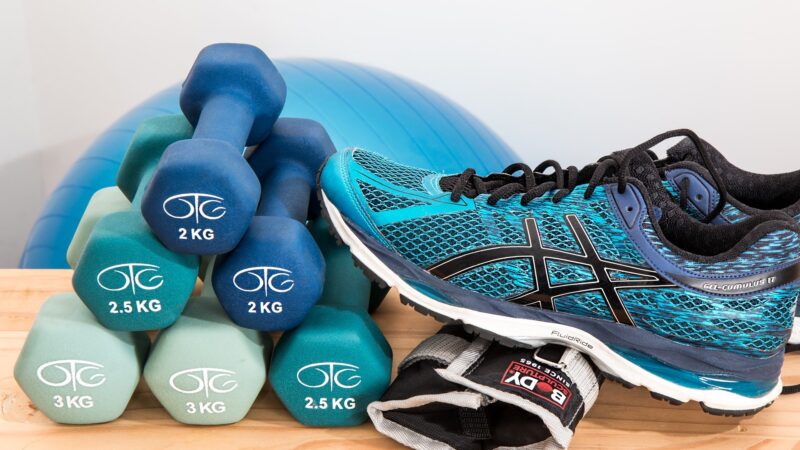
As a leading cause of disability, chronic pain is a worldwide health priority.
Often incorrectly believed to be due to damage, chronic pain leads many people to stop activities they enjoy because they hurt.
But stopping such activities, which are actually good for their health and wellbeing, can actually make the pain worse.
Senior Musculoskeletal Physiotherapist Jamie Watson has co-authored an academic paper, published by The Journal of Pain, shining a light on a new approach of pain management.
Jamie said: “We looked at Pain Neuroscience Education (PNE).”
“PNE involves explaining the latest pain science in simple terms, such as that hurt does not always equal harm as pain is caused by a complex interaction of physical, feelings and thoughts, relationships and lifestyle factors.”
“The combination is different for everyone as we’re all unique.”
“Think about how much more tetchy you are after a bad night’s sleep!
“Just as you become more prickly when tired, your body becomes more likely to find certain movements and positions painful.
“Low physical activity levels and stress also contribute to your body becoming more irritable.”
Jamie and his colleagues discovered:
- Changing your understanding of pain can help you cope with it
- Learning about pain could make you fear moving less
- Learning about pain could make you less negative about being in pain
PNE needs to be delivered by an expert but Jamie advises learning more about improving sleep by visiting: www.sleepcouncil.org.uk and picking up pain management tips at www.tamethebeast.org